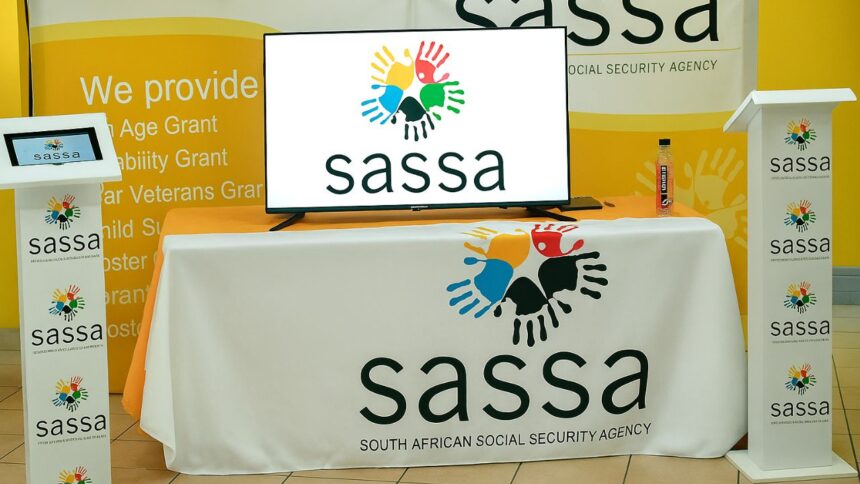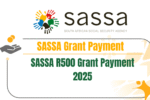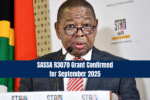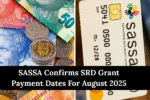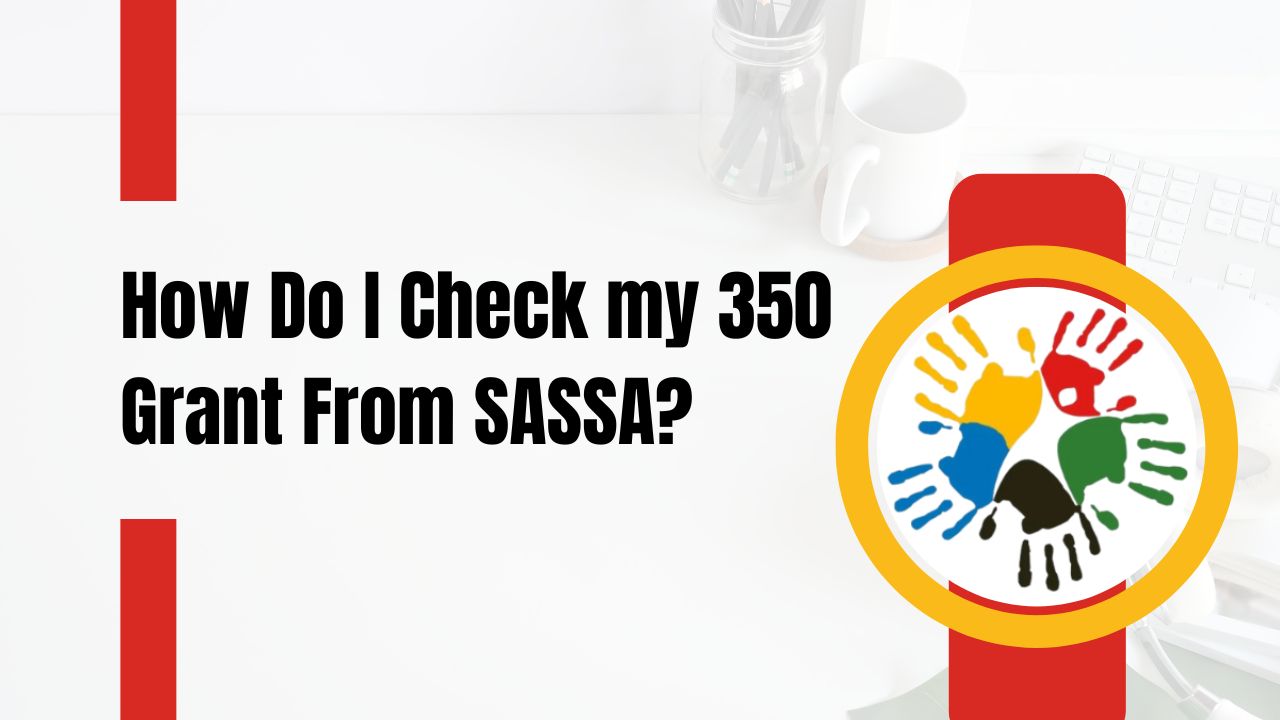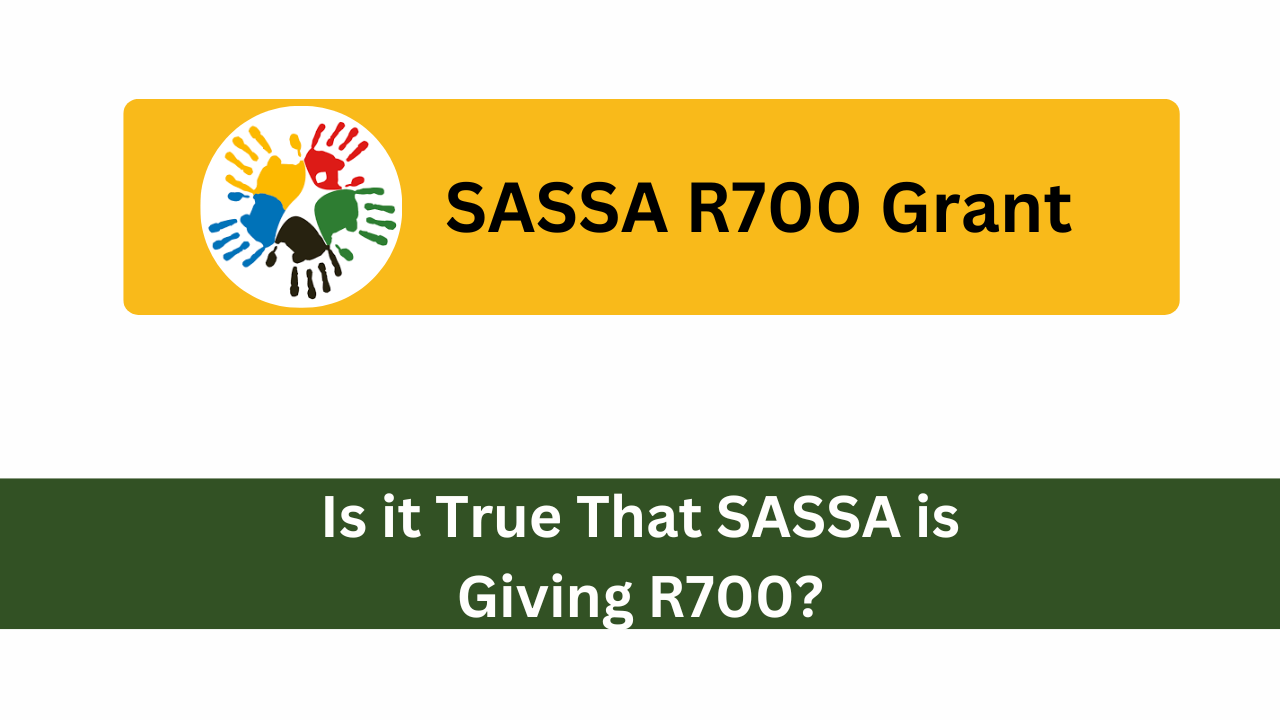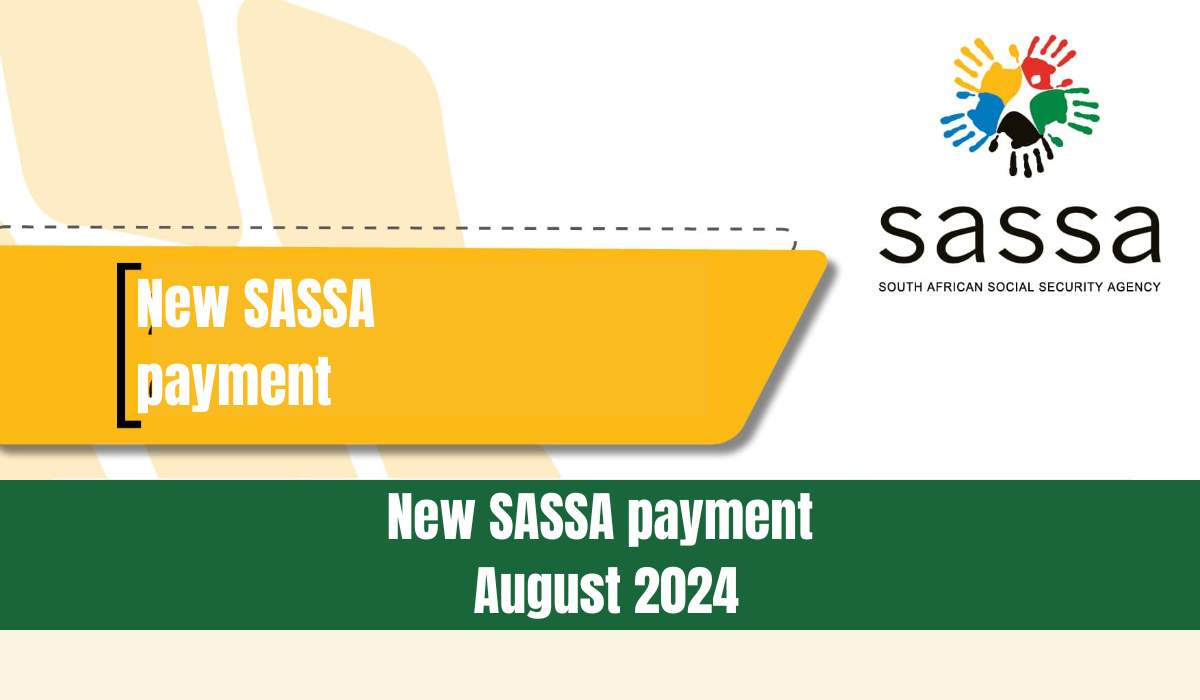SASSA Confirms Big Grant Changes Coming in June 2025. South Africans who rely on social grants from the South African Social Security Agency (SASSA) should brace themselves for some notable updates in 2025. With the rising cost of living, SASSA is introducing new grant changes and increases aimed at easing the financial burden for vulnerable individuals and families. In this article, we break down the SASSA grant changes coming in 2025, including expected increases, reasons behind the adjustments, and how these changes will affect beneficiaries.
SASSA Grant Changes Coming in 2025
| Category | Details |
|---|---|
| Post Title | SASSA Grant Changes Coming in 2025 |
| Country | South Africa |
| Effective From | February 2025 (Phase 1), October 2025 (Phase 2) |
| Increase Amount | Varies by grant type |
| Complete Update | Included Below |
Why Are SASSA Grant Changes Needed in 2025?
The cost of living in South Africa has surged due to inflation, fuel hikes, and a general increase in the price of essentials such as food, transport, and healthcare. For this reason, SASSA grant increases in 2025 are not just timely—they’re necessary.
Millions of South Africans, including elderly citizens, people with disabilities, children, and unemployed individuals, rely on SASSA for monthly financial support. These SASSA changes for 2025 are specifically designed to help low-income households maintain basic living standards.
What Are the SASSA New Changes in 2025?
SASSA is rolling out a two-phase increase strategy in 2025:
Phase 1 – May 2025:
All existing SASSA grant categories received a moderate increase starting in May 2025.
Phase 2 – October 2025:
Selected grants will receive further top-ups to align with inflation and rising living costs.
In addition, the South African government is considering the introduction of a Universal Basic Income Grant (UBIG). This could eventually replace the Social Relief of Distress (SRD) grant, offering unemployed citizens a more sustainable and higher monthly income.
SASSA is also expected to upgrade its payment infrastructure, potentially replacing the outdated SASSA gold cards with newer, tech-enabled options for improved security and convenience.
SASSA Expected Increases for 2025
If you’re wondering exactly how much each SASSA grant will increase, here’s a detailed table:
| Grant Type | Increase Amount |
|---|---|
| Older Person’s Grant | R20 |
| Disability Grant | R20 |
| Care Dependency Grant | R20 |
| Social Relief of Distress (SRD) | Remains at R370 |
| Child Support Grant | R30 |
| Foster Child Grant | R20 |
| Grant-in-Aid | R20 |
| War Veterans Grant | R30 |
These increases, though modest, reflect the government’s ongoing commitment to supporting South Africa’s most vulnerable citizens.
Key Takeaways on SASSA 2025 Changes
- The SASSA grant changes are part of a broader social welfare strategy to assist citizens during tough economic times.
- Beneficiaries are urged to stay updated through official SASSA channels, such as the SASSA website, SMS notifications, and local offices.
- If you’re receiving grants, it’s crucial to organise your documents, track payment schedules, and report any issues promptly to ensure smooth disbursements.
What These Changes Mean for South Africans
For millions of grant recipients, these changes mean better stability and planning. Although the increases are not drastic, they help cover essential costs like:
- Groceries
- Transport
- Medical needs
- School-related expenses for children
Even small increases can significantly improve the day-to-day lives of people living below the poverty line.
What’s Next? Possible Future Developments
Looking ahead, the government is actively exploring:
- Full-scale implementation of the Universal Basic Income Grant (UBIG)
- A digital overhaul of SASSA payment platforms
- Enhanced fraud prevention systems
- Improved grant application and appeal processes
These moves aim to make SASSA grants more inclusive, secure, and sustainable.
Conclusion
The upcoming SASSA grant increases in 2025 signify a critical step in the ongoing fight against poverty and economic hardship in South Africa. The government’s approach of phased adjustments, potential introduction of UBIG, and system upgrades shows a long-term commitment to ensuring no one is left behind.

